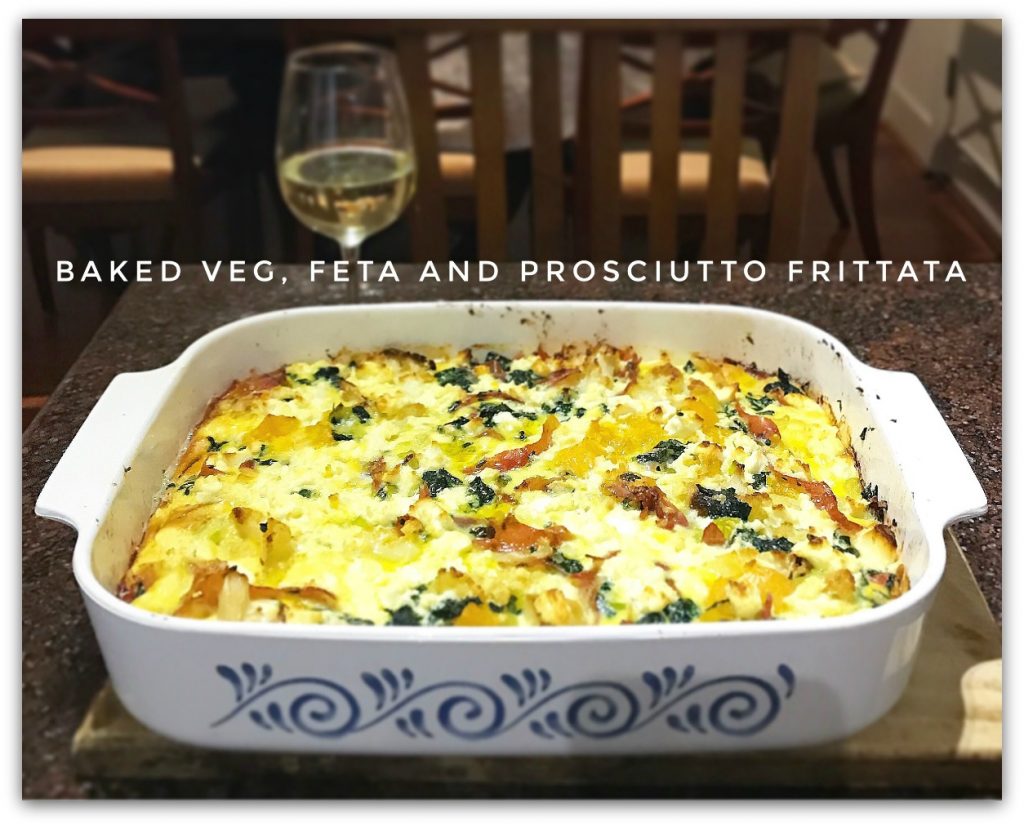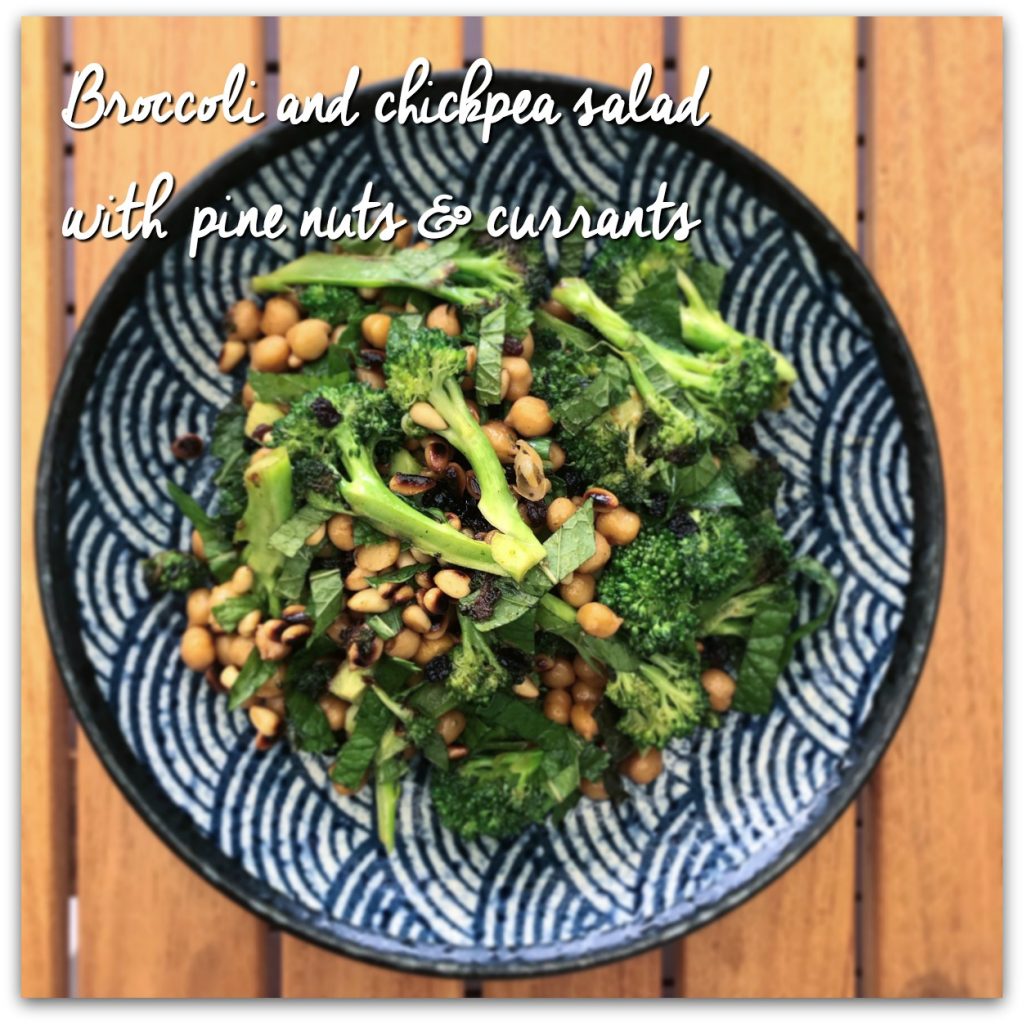A taste of our recipes
- Recipe of the month – Zoe’s cheesy lasagne
- A few our popular recipes available here
- Zoe’s almond banana bread – toast with a difference!
- You will free a free copy of our full recipe book with your initial appointment!
- Scroll down for bonus recipes!
The Mediterranean diet
No doubt you have heard people talking about the Mediterranean diet and how good it is for your health. There is loads of research to show how the Mediterranean diet can be protective against heart disease, diabetes, some cancers and how this style of eating can benefit brain health (even slow Alzheimer’s). There is also good evidence for how the this way of eating can benefit our gut microbiome in a way that can reduce symptoms of depression and anxiety. For those of us working with people with IBS (Irritable Bowel Syndrome), there is exciting emerging evidence that symptoms of IBS can also be reduced with a Mediterranean style diet.
Why a Mediterranean Diet?
It’s important to acknowledge that there is no one “perfect” Mediterranean diet and that the Mediterranean diet is not the only way of eating to reduce disease risk or benefit our gut health. But the Mediterranean diet has been studied extensively and so has good evidence, and for those of us living in Australia eating a largely western style diet, it’s easy to start incorporating a number of the principles. The Mediterranean diet can also be fairly inexpensive.
The components of the Mediterranean diet that help us manage disease risk factors and allow the microbes in our gut to create a healthier gut microbiome are;
Dietary fibres found in a variety plant foods
- Soluble fibre
- Insoluble fibre
- Resistant starches
- Prebiotics fibres (aka FODMAPs)
Probiotic food
- Many yoghurts
- Cheeses made from unpasteurised milk (good excuse to eat French cheeses!)
- Sourdough bread
- Other fermented foods like kefir, sauerkraut, kimchi, miso, tempeh, kombucha
Polyphenols – strong antioxidants found in herbs, spices, nuts, seeds, fruits, veggies, tea, coffee, red wine and dark chocolate
Type of fat – poly and monounsaturated fats (including omega 3) found in olive oil, nuts, seeds, avocado and fish
Note: The gut microbiome is highly complex and influences many aspects of health such as inflammation and our immune responses. I mention inflammation specifically as this come up a lot and while I believe there is an over-focus on inflammation as a cause for many health woes, chronic inflammation is a health consideration and the Mediterranean diet has been shown to influence our gut microbiome and help reduce inflammation and fight disease among many other things.
Key ingredients are:
- Extra virgin olive oil (40-60ml per day)
- Legumes
- Fruit & Vegetables
- Nuts & seeds
- Herbs & spices
- Wholegrain and sourdough breads
- Fish, especially oily fish like salmon, sardines (see free recipe link below), mackerel
- Natural or Greek yoghurt and feta cheese
Bread is an important part of this way of eating and while wholegrain is always a good choice, white bread can also be a healthy choice, especially sourdough. As a good rule of thumb, the denser and heavier (in weight) the bread, be that white, rye, wholemeal or fruit, the more nutrition it will contain and the more filling it will be.
If you don’t tend to eat legumes, you might like to start experimenting with them. Tinned ones are fine (drain and rinse) and try frying them in extra virgin olive oil with a little salt as this makes then crisp and nutty in flavour and then you add to salads, wraps or just about any dish. Check out my Broccoli and Chickpea salad above.
Could you aim to include fish at least 2-3 times per week (tinned or fresh? If you don’t like fish, that’s ok, just have more of the other foods on this list that you do like.
Consider choosing chicken more often than red meat and if you tend to have large red meat portions, experiment with smaller serves.
.
Red wine is encouraged in moderation. That said, if you’re a non-drinker, there’s no need to start drinking! If you prefer white wine, then sticking to that is also fine.
In addition to food, the Mediterranean diet also encompasses a way of life, including growing some of your own produce, home-cooking, food sharing and eating meals sitting down at the family table together. Of course for many people, growing your own food is not always possible, but if you can and you enjoy being in the garden, this is a bonus!
Quick & easy recipes!
- click the link above for a few quick easy recipes for one (or two) that incorporate a variety of these foods
Dislike sardines? Many of my clients say they do and so I encourage them to try my Sardine & Spinach Pizza – I call it my “Sardine challenge”. If you still don’t like them after trying this, then ok, but if you do – and many people do – you have another food to add to your diet!
>
Love What You Eat Food Tips!
- Let go of making food choices based on calories or nutrients such as sugar, carbs or fat. Instead, consider what you feel like eating based on taste and your level of hunger. Many people require help with getting back in tune with feeling hungry and you can do this with The Non-Diet Approach.
- As you start recognising and responding to true physical hunger, you’ll find instinctively you know what is an appropriate food choice without having to question the foods nutrition or calorie content.
- Count enjoyment, not calories. Part of eating intuitively is appreciating how food looks, smells and tastes!
- If you tend to label food as ‘good’ or ‘bad’, try to stop thinking about food in such terms, after all food is morally neutral and no one food will give you poor health. Instead, you might consider whether you’re eating the food for nourishment or simply for pleasure.
- Learn to eat intuitively and all food can be part of a healthy diet. There is no need to avoid certain food, especially food you love. I (Zoe) love croquettes and hot chips and enjoy them regularly when eating out.
>
- If you like toast for breakfast, experiment with adding extra virgin olive oil (EVOO) to your toast as an alternative to butter or margarine, use at least 1 tbls per slice and you’re over half way to getting your 40-60ml of EVOO daily as per the Mediterranean diet. While there’s nothing wrong with butter or marg, using EVOO will give a good dose of its powerful anti-oxidants and the high monounsaturated fat content helps keep you fuller for longer. You can still use Vegemite, jam or honey with the EVOO and it works beautifully with fruit toast too.
- Just because a food is seen as more nutritious doesn’t always mean it’s the better choice. If the “more nutritious” food doesn’t satisfy you taste or fullness wise, you will likely find yourself on the prowl looking for something else.
- Full fat dairy is no longer seen as an issue heart health wise as it use to be. The Heart Foundation now says it is fine. Many people find full fat dairy not only tastes better, but is more satisfying and filling and they are less likely to engage in superfluous snacking.
- Cooking veggies in fat (EVOO or butter), not only makes them taste better, but we absorb more nutrients including vitamins A, E and K and more of their anti-oxidants and phytochemicals – it’s a win win!

Photo by Brett Rawlings www.focusphotography.com.au
A: No. There is no one factor that leads to weight gain. Eating past the point of comfortable fullness on a regular basis is one factor, but this extra food energy could come in the form of protein, fat, carbohydrate or alcohol. Specific nutrients are not the issue, regularly eating more than your body needs is what you need to consider. Therefore, being attuned to your appetite is a much more useful tool than avoiding carbs in the evening.
A: No. It is possible that if you eat too large a portion of one, or both, you may feel full and uncomfortable and if you do this regularly this may affect your weight. Even eating too many vegetables at once may leave you feeling full and uncomfortable in the stomach. It’s not the type or combination of food that is the problem, it is not being attuned to your appetite. In addition, every time you eat your body releases enzymes to break down carbohydrate, protein and fat and therefore our bodies are ready to digest a mixed meal.
A: While it may not be ideal for some people, it can be ok to eat dinner later, say 8.30-9pm, and then go to bed not long afterwards. As long as you don’t eat past the point of comfortable fullness, you should not run into to any problems. Some people may find going to bed less than an hour after eating affects their sleep, however this is more likely to happen if you over-eat. Eat to appetite and you most likely to be fine (see non-diet approach). If you do work late and arrive home very hungry, a good tip to avoid over-eating is to ensure you have a meal ready to go that you just need to reheat. Or have a snack just before you leave work – and no, this will not ruin your appetite – it will just prevent you from feeling ravenous and then over-eating.
For more great tips and real food facts, click the Facebook icon and like our page or contact to make an appointment today!
 Baked veg, feta and prosciutto frittata
Baked veg, feta and prosciutto frittata Broccoli and chickpea salad with pine nuts & currants
Broccoli and chickpea salad with pine nuts & currants Almond and Banana bread
Almond and Banana bread